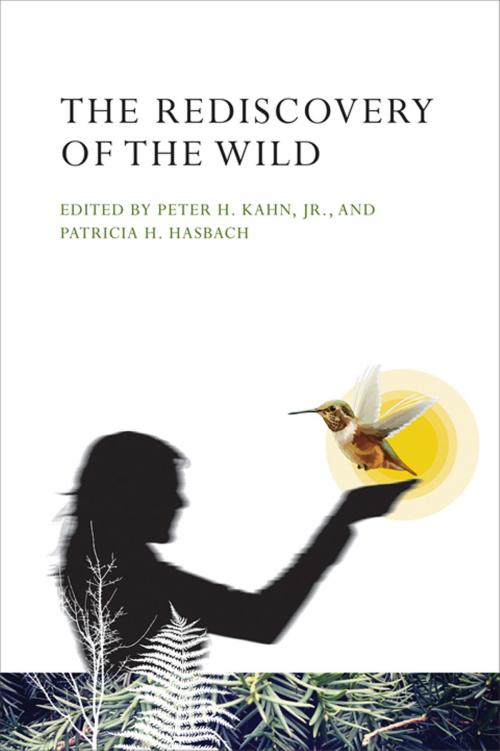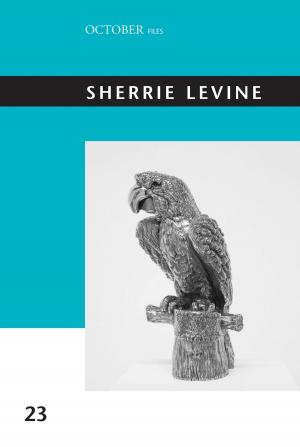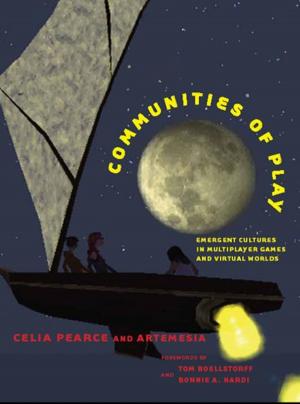The Rediscovery of the Wild
Nonfiction, Science & Nature, Science, Biological Sciences, Environmental Science, Health & Well Being, Psychology, Social Psychology, Nature| Author: | Cristina Eisenberg, Jack Turner, Elizabeth Marshall Thomas, Bridget Stutchbury, Gail Melson, G. A. Bradshaw, Ian McCallum, E. N. Anderson, Dave Foreman, Peter H. Kahn Jr., Patricia H. Hasbach | ISBN: | 9780262312837 |
| Publisher: | The MIT Press | Publication: | January 25, 2013 |
| Imprint: | The MIT Press | Language: | English |
| Author: | Cristina Eisenberg, Jack Turner, Elizabeth Marshall Thomas, Bridget Stutchbury, Gail Melson, G. A. Bradshaw, Ian McCallum, E. N. Anderson, Dave Foreman, Peter H. Kahn Jr., Patricia H. Hasbach |
| ISBN: | 9780262312837 |
| Publisher: | The MIT Press |
| Publication: | January 25, 2013 |
| Imprint: | The MIT Press |
| Language: | English |
A compelling case for connecting with the wild, for our psychological and physical well-being and to flourish as a species
We often enjoy the benefits of connecting with nearby, domesticated nature—a city park, a backyard garden. But this book makes the provocative case for the necessity of connecting with wild nature—untamed, unmanaged, not encompassed, self-organizing, and unencumbered and unmediated by technological artifice. We can love the wild. We can fear it. We are strengthened and nurtured by it. As a species, we came of age in a natural world far wilder than today's, and much of the need for wildness still exists within us, body and mind. The Rediscovery of the Wild considers ways to engage with the wild, protect it, and recover it—for our psychological and physical well-being and to flourish as a species.
The contributors offer a range of perspectives on the wild, discussing such topics as the evolutionary underpinnings of our need for the wild; the wild within, including the primal passions of sexuality and aggression; birding as a portal to wildness; children's fascination with wild animals; wildness and psychological healing; the shifting baseline of what we consider wild; and the true work of conservation.
A compelling case for connecting with the wild, for our psychological and physical well-being and to flourish as a species
We often enjoy the benefits of connecting with nearby, domesticated nature—a city park, a backyard garden. But this book makes the provocative case for the necessity of connecting with wild nature—untamed, unmanaged, not encompassed, self-organizing, and unencumbered and unmediated by technological artifice. We can love the wild. We can fear it. We are strengthened and nurtured by it. As a species, we came of age in a natural world far wilder than today's, and much of the need for wildness still exists within us, body and mind. The Rediscovery of the Wild considers ways to engage with the wild, protect it, and recover it—for our psychological and physical well-being and to flourish as a species.
The contributors offer a range of perspectives on the wild, discussing such topics as the evolutionary underpinnings of our need for the wild; the wild within, including the primal passions of sexuality and aggression; birding as a portal to wildness; children's fascination with wild animals; wildness and psychological healing; the shifting baseline of what we consider wild; and the true work of conservation.















